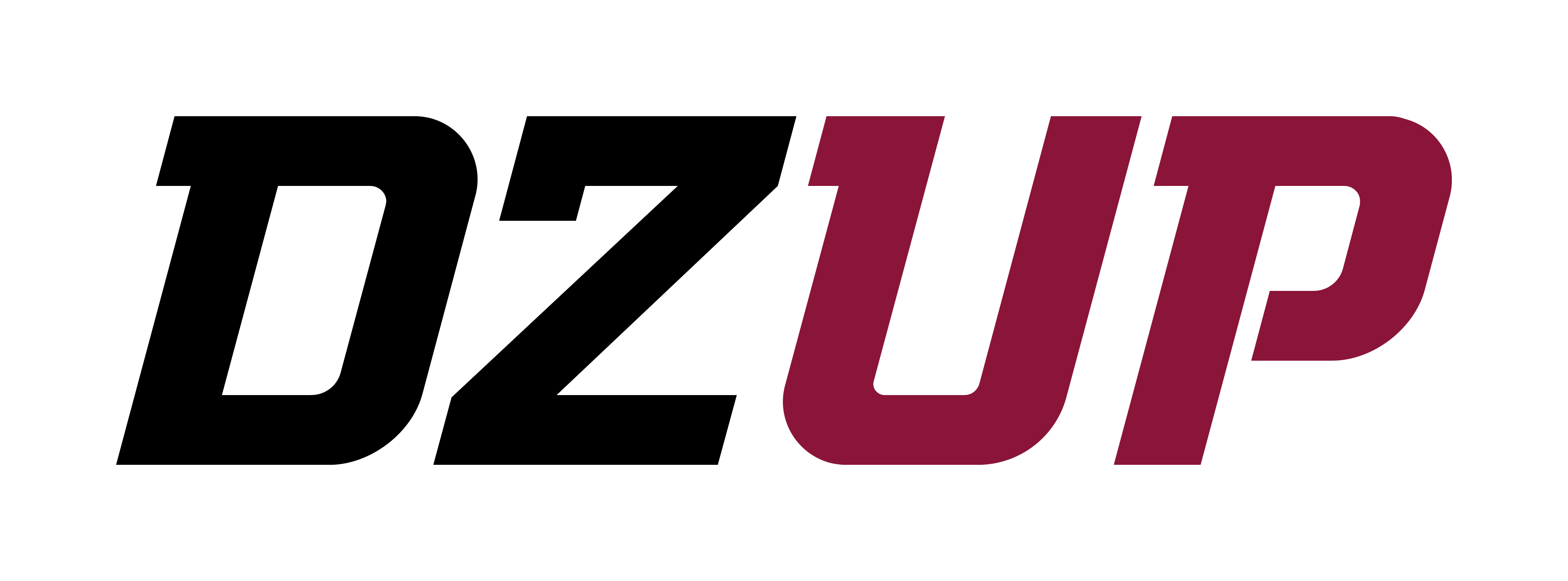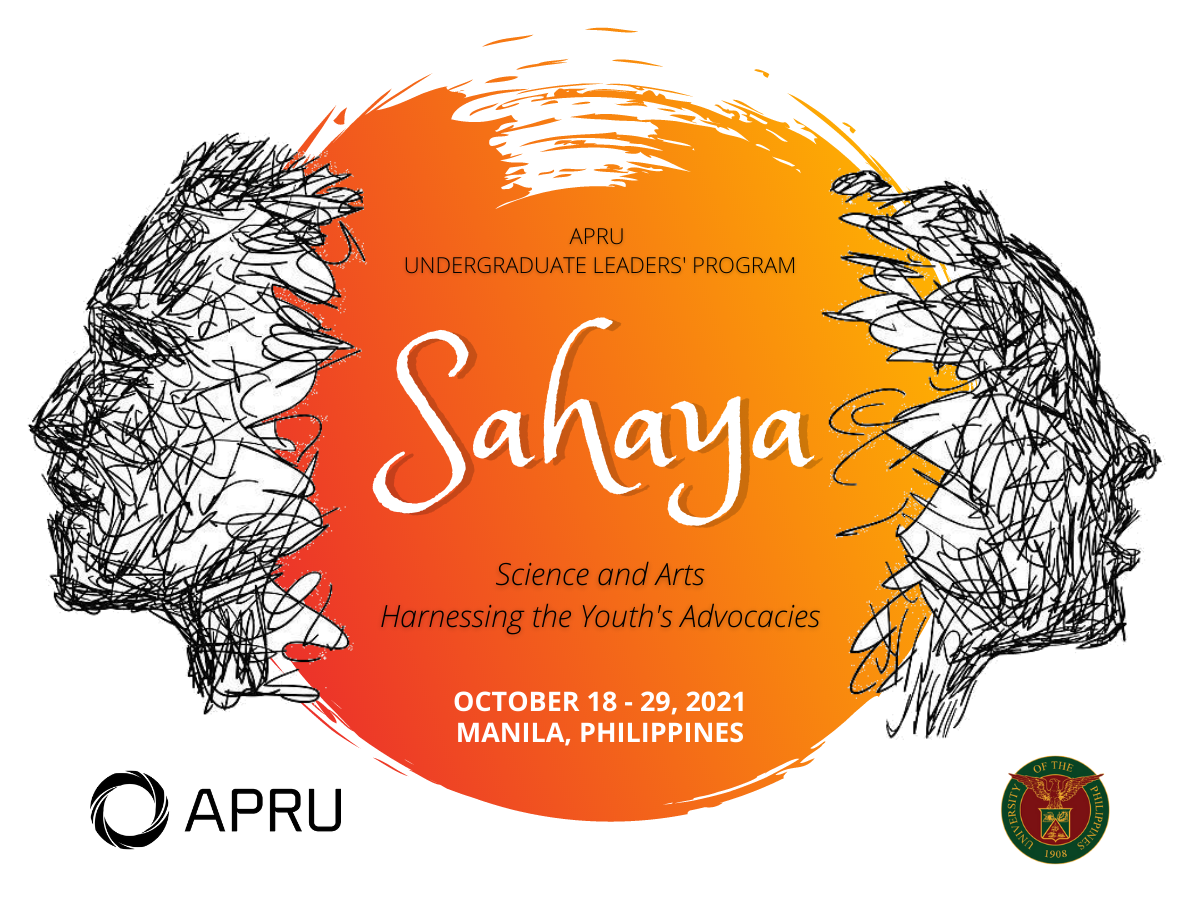The University of the Philippines is this year’s host for the Undergraduate Leaders’ Program (ULP) of the Association of Pacific Rim Universities (APRU).
APRU is a coalition of 60 research universities across the Pacific Rim. The organization promotes collaboration between member universities towards economic, scientific, and cultural advancements in the region.
With the theme, Sahaya: Science and Arts Harnessing the Youth’s Advocacies, the program encourages the youth to “uphold and embrace interdisciplinary, people-centered and environmentally sustainable approaches and solutions” to address growing challenges in the Asia-Pacific amid a globalized world.
Sahaya is a Tausug word that means light and hope. The program will feature a series of lectures and workshops that aims to give participants a new perspective on achieving the Sustainable Development Goals (SDGs).
This year’s ULP will run from Oct. 18-29 with 64 selected participants from member universities. Each university is allowed to select five undergraduate students to represent their school.
Learning to be an advocate
UP Los Baños student Mark Virgil Jamer is one of the five students selected to represent the UP System.
As an Agribusiness Management and Entrepreneurship major, Jamer sees ULP as a good opportunity to learn more about his advocacy on sustainable agriculture and youth involvement in agriculture.
“I think I need is to immerse myself with what it truly means to be an advocate,” he said.
Jamer has been attending international conferences to gain more insight into his advocacies and learn about other students’ perspectives as well.
“As I navigate through this new path of advocating, I believe that these people that I will meet in the program will motivate me to continue and that the lectures will help me become a better global citizen,” the second-year student said.
Next generation of leaders
For Jamer, being an advocate entails a deep understanding of the issues he cares about and looking for effective ways to solve them. According to him, it includes taking a stand even on issues about freedom of expression, labor rights, agriculture, and governance among others.
“One of the turning points for me was seeing how our farmers, the ones who make sure that we have foods on our table, are neglected and underappreciated,” he recalled. “Some of our peasants were even red-tagged and killed.”
However, he believes that awareness is only the first step. Turning this awareness into concrete actions bears a bigger responsibility.
“Before we take action, we have to dig deeper on what we are really fighting for,” he said. “Are my insights correct? What is the root cause of this problem? What are the things I could do to help?”
According to him, ACRU ULP has been helpful in helping him explore underlying issues that concern his advocacies. He also takes inspiration from other student leaders all over the world who are also advocating for agriculture even amid the pandemic.
“As the next generation of leaders, we have to take a seat at the table and make sure all get to take a seat as well,” he said.
The program will close on Friday, Oct. 29 with a plenary presentation, closing ceremony, and a Philippine cultural activity. DZUP

